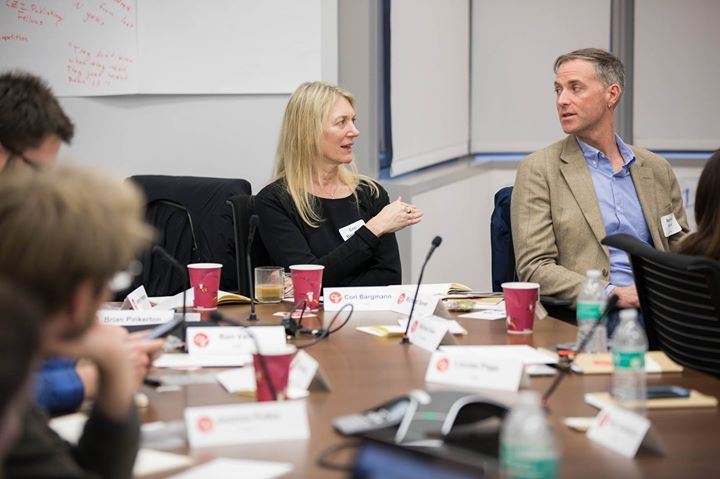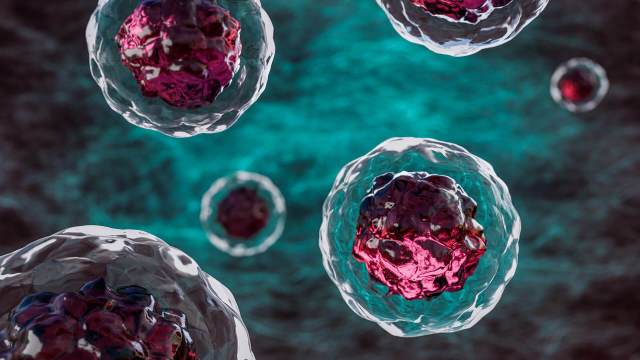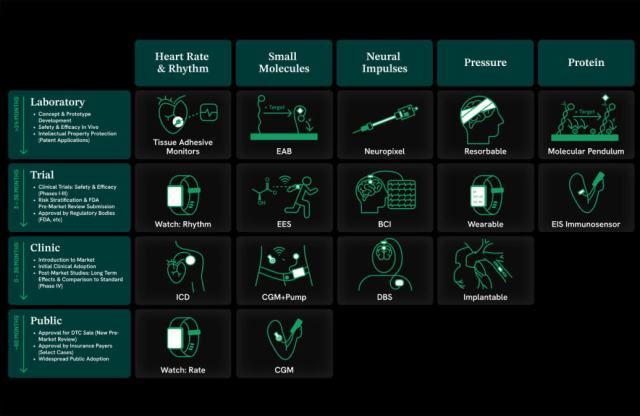Jan 27, 2017 · 2 min read
The Future of Scientific Knowledge

Cori Bargmann: As we begin our science work at the Chan Zuckerberg Initiative, one of our first steps is to learn from the community — there’s so much we don’t know! — and one of our approaches is to hold small workshops, where we bring together leaders in the field to talk about major challenges facing the scientific community.
We just finished our first one of these meetings, where our focus was on “the future of scientific knowledge” — how do we share, discover and reuse the knowledge generated by scientific research, and how can we improve that process to accelerate everyone’s progress? It’s a broad and complex topic, and we were lucky to have experts from a wide range of domains, including academic scientists, academic publishers, advocates for preprints and open access, software engineers and developers building new interactive interfaces for analysis and visualization, and foundations committed to supporting science.
We spent two days in lively and stimulating discussion about how things are now, and what we want the future to look like. It’s impossible to capture it all in just a few sentences, but our discussions did revolve around three key areas.
First, how do we create and share scientific content, and how do we make it easy for any scientist to share not only the narrative of their “paper” but also their data, protocols, reagents, analysis code and computational environments?
Second, how do we best discover all of that content once it’s out there, and track patterns among research findings as science evolves — not just in new papers but in versions of a protocol, say, or iterations of a reagent?
Finally, how do we evaluate all of this content and give people credit for their work, capturing more of the review that happens after a paper appears, as well as the subsequent discussion and replication of discoveries?
Across all of these areas, we discussed how some of the most exciting tools are currently used only by a small fraction of biologists. We want to think more about how to bring together scientists, software engineers and experts in user experience to bridge that gap. This meeting was a great start!
— Cori and Jeremy





